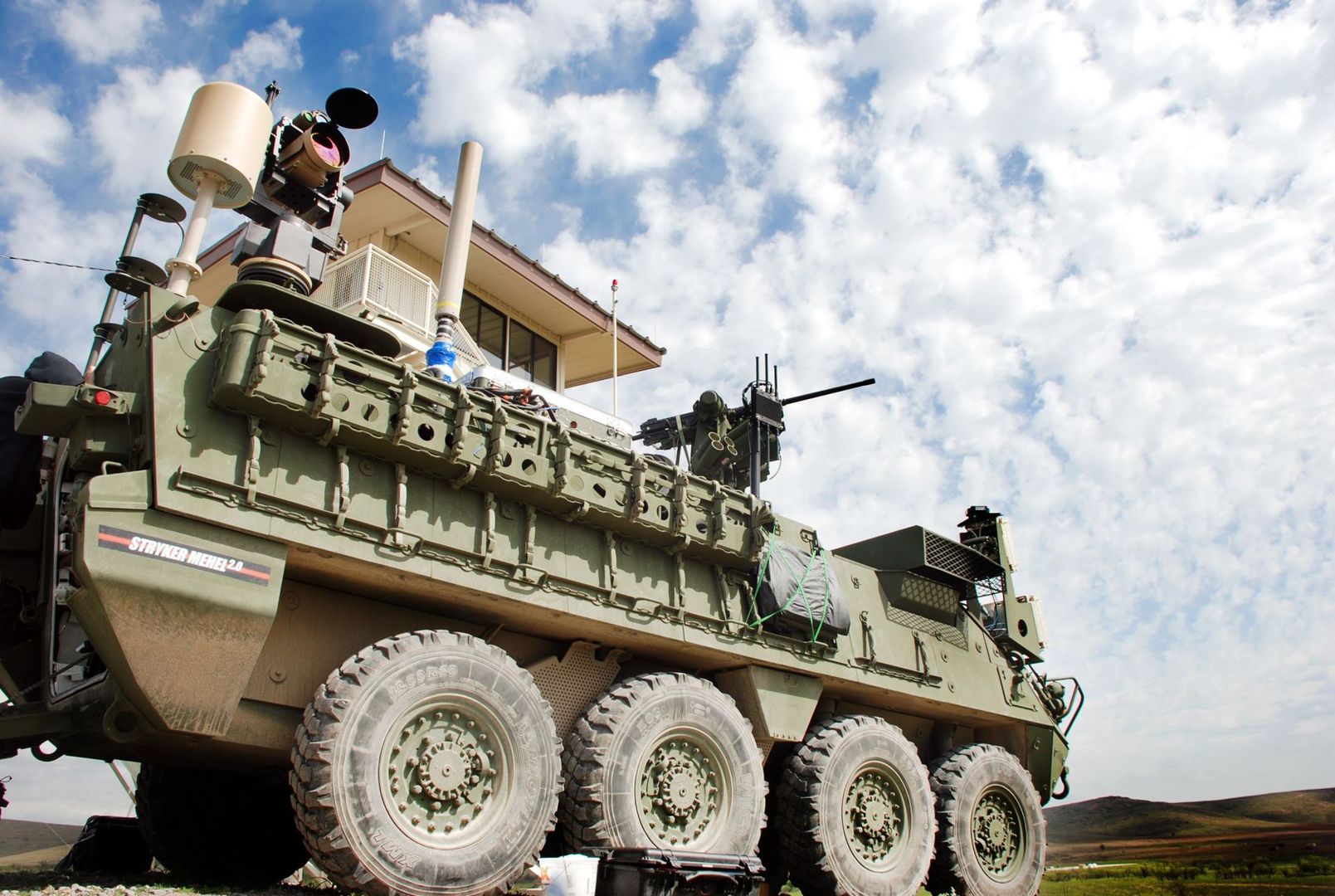
Worked with the Wounded Warrior Project (WWP) for years to take a holistic approach to serves mentally and physically disabled veterans and their families to help in any way I can.COACH Certified in hearing conservation Healthcare technician (hearing) Responsible for human resources and day-to-day operations.Additionally, the following skills are also needed – the ability to handle and use appropriate army equipment, solid knowledge of various defense postures and techniques, and being loyal to the country and fellowmen. To be eligible, candidates should complete their secondary school education, and be physically and medically fit, and have no criminal convictions. To become an Us Army Soldier, one must have to get enlisted in the army. Roles and responsibilities associated with the post are listed on the Us Army Soldier Resume as – operating and maintaining military equipment, helping in disaster relief and emergency management efforts, protecting people and properties under threat, guarding people and things managing and coordinating subordinate soldiers, training and exercising using a wide range of military equipment and tactics, helping in disaster relief and emergency management efforts, and engaging in military combat operations against enemy forces, and defending the country. "We want to ensure all Soldiers are treated with dignity and respect, and that when they leave the service, they're ambassadors for the Army," he emphasized.An Us Army Soldier is a person who servers the US Army – the branch of the country’s armed forces trained to handle land warfare. Charles A Slaney, program manager for reserve component career counselors, HRC. Whether nor not Soldiers choose the voluntary separation route or the involuntary, they are afforded, as always, the opportunity to speak with a reserve-component career counselor for possible offerings in the National Guard or Army Reserve, said Col. The policy for involuntary early separations can be found in All Army Activity message 339/2013 and Military Personnel 13-375. "We always give the Soldier the opportunity to stay with the team first," he added. In that case, the Soldiers would remain with their unit until their ETS dates, he added.Īlthough no Soldier has yet been affected by the change, Bragg said he expects there will be involuntary separations for those in units deactivating as the drawdown continues. The policy would not apply to units that are deactivating but are then reactivating as a different unit, at the same location. If the Soldier chooses not to extend or re-enlist, the Soldier's ETS would be reduced up to a year's time - depending on the date his or her unit is deactivating - but not less than 90 days for the transition/separation processing. The big change is that besides deploying units, the policy now also covers units that are going to be deactivated, he said.įor Soldiers in units that will be deactivating, they'll be given 45 days to extend or re-enlist from the time they're notified, Bragg continued. If they didn't, they would be involuntarily separated up to one year before their ETS.

In those cases, Soldiers would be offered the chance to re-enlist, extend or choose a different unit or military occupational specialty, said Bragg. The Enlisted Involuntary Early Separation Program has been in effect for some time for Soldiers whose units are deploying and their ETS date is during that deployment.

The new policy allowing for early separation for a job opportunity can be "good for the Soldiers and their families" as they transition, Bragg said.įurther details of the changes can be found in All Army Activity message 340/2013. That policy allows them to separate up to 90 days early, so they can begin their semester work, Bragg said. The previous voluntary separation policy was for Soldiers planning to attend college.

Bragg, branch chief for Retention and Reclassification - Involuntary/Voluntary Separation program, Human Resources Command, at Fort Knox, Ky.īragg added that of that 180-day maximum period, the Soldier would need a minimum of 90 days for normal transition/separation processing. Soldiers can request the separation through their local commanders, if they can show adequate salary or compensation from their potential civilian employers, and that the separation won't hurt their ability to support their families, said James R. They can now request getting out up to 180 days prior to their ETS. The Enlisted Voluntary Early Separation Program is designed for Soldiers who have employment offers and want to separate prior to the expiration of their term of service, or ETS. Army Enlisted Voluntary Early Separation Program and Enlisted Involuntary Early Separation Program have some important changes that took effect Jan.


 0 kommentar(er)
0 kommentar(er)
